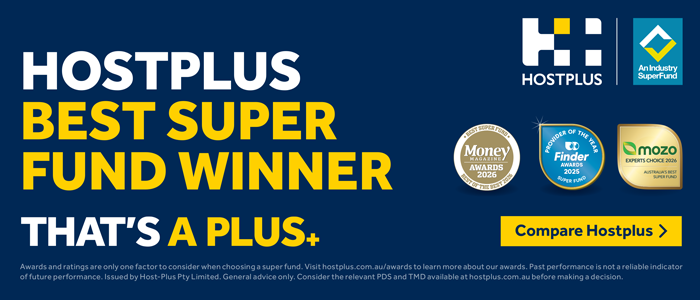
Woolworths’ and Charter Hall’s full year profit results offer perspective on the big-picture health of the hospitality and liquor markets.
Australian supermarket giant Woolworths, 75 per cent owner of the country’s largest pub group, ALH, continues its bold recovery plans under maverick CEO Brad Banducci.
The ASX-listed company (WOW) is battling to combat the diminishing growth in its food and grocery core, finalising the write-down of the failed Masters hardware enterprise, and trying to reinvent its suffering discount chain Big W, which faces increasing competition from retail and online competitors.
Simultaneously, the ‘fresh food people’ are battling the ongoing PR conflict with its ‘happy families’ persona and its thriving liquor sales arm, Endeavour Drinks, and its label as the country’s biggest keeper of poker machines, through ALH.
2017 sees WOW post a $1.53bn profit, representing a big turnaround from last year’s $1.23bn loss – it’s first in 23 years as a public company. But the rebound is somewhat misleading in that the supermarket business, the backbone and over 60 per cent of the company, is down a further 2.4 per cent on last year’s EBIT, amid widespread investment in price reduction and customer experience.
But furthering the disconnect with its wholesome image, the alcohol distribution continues its reliable march forward, the massive investment the company has made into developing sites and aggressive discounting paying off in volume. While Endeavour EBIT was up 3.9 per cent, gross margin is down 33 basis points to 23.08 per cent.
And fuelling the public relations woes, WOW’s portfolio division reports the hotels sector reaching EBIT of $232.9m, up a healthy 11.7 per cent on last year and during a period of slowed freehold divestment by the pub group.
WOW is paying a full year dividend of 84 cents per share, up 9.1 per cent on FY16, but considerably shy of the $1.39 it paid in 2015.
Property giant Charter Hall has similarly reported on its full year activities, including the listing of its Long WALE REIT and continued designs on commercial property markets.
With an empire approaching $20bn in property funds, the listed Charter Hall Group (CHC) reports a full year profit result of $267m – up an impressive 19.7 per cent. CHC’s share price over the period has grown 10.7 per cent.
CHC backed away from the Redcape acquisition, rumoured to be a potential partnership with ALH as operator, but CEO David Harrison says they are in a good position to keep buying “with $3bn of dry powder” in the coffers.
CHC is already majority stakeholder in the Long WALE REIT (CLW), floated last November. CLW saw statutory profit of $35.2m, and its share price since launch climb 5.2 per cent.
Now boasting 80 properties, up from 66 at time of listing, courtesy of agreements to $104.8m of acquisitions in the period, its core WALE (Weighted Average Lease Expiry) has slipped from 12.2 to 11.8 years, although at 100 per cent tenancy.
Holding a spread across all six states, the greatest being WA (25 per cent), CLW’s hotels interest has dropped to 16 per cent, dominated by leases to Woolworths’ ALH.
CLW fund manager Avi Anger reports that the spread between commercial property returns and bond rates is still above historical averages, despite rising prices in a hot market putting downward pressure on yields.
“So it’s quite possible we see some further cap rate compression from here,” suggests Anger.
However, a known influence in the price drive has been aggressive investment by Chinese entities, which injected $2.4bn into Australian residential property development alone last year, representing 38 per cent of the sector.
But China’s National Development and Reform Commission has announced a major crack-down on investment into many industries, stating that it could be harming China’s financial stability by increasing capital outflows.
A first for China, the new rules outright ban investment in casinos and defence technology, and label hotels and property as “restricted”.
The Government crackdown on capital flight has already seen outbound investment fall 44 per cent this year – a trend that may bode well for expanding hospitality operations being priced out of competition.
